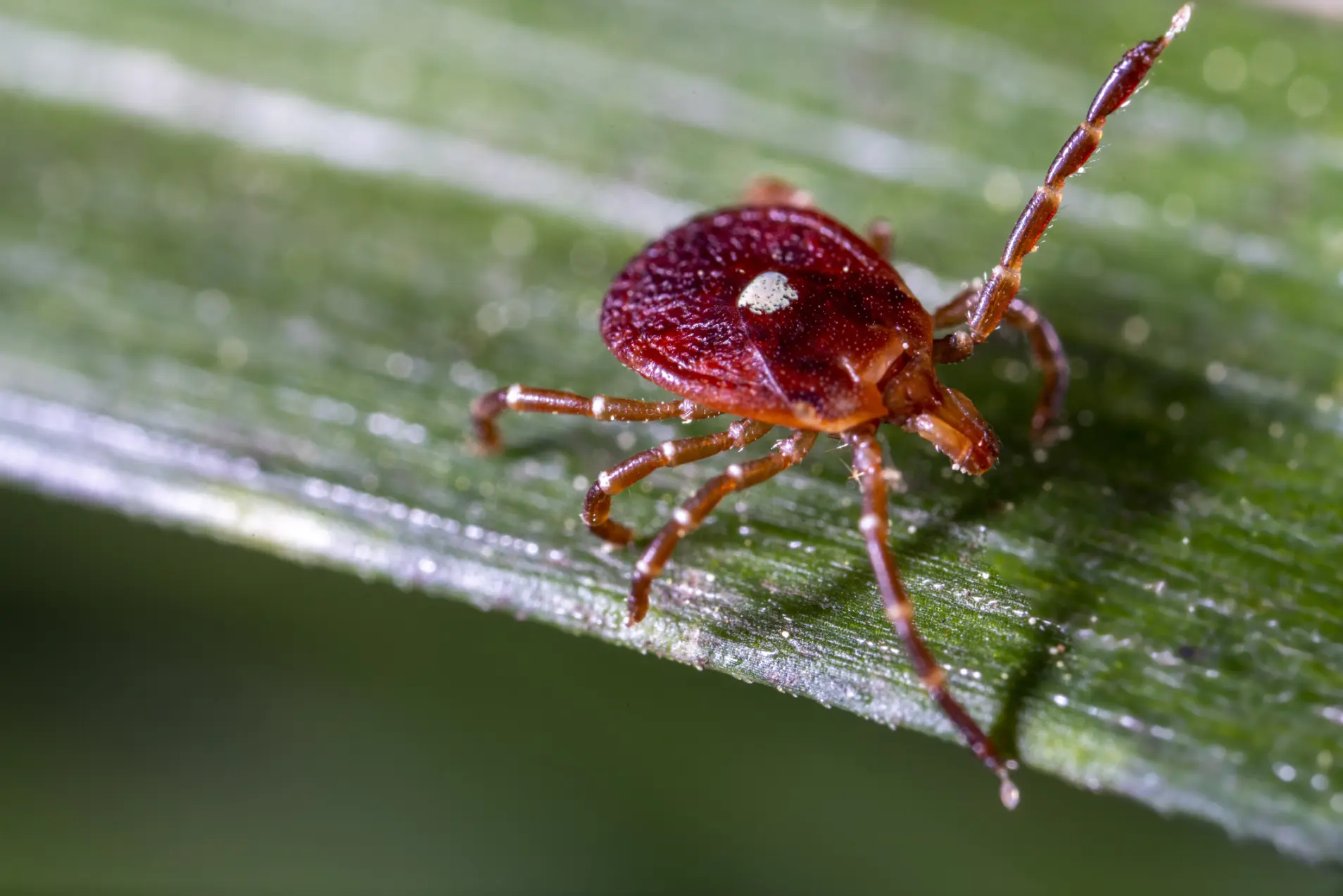The Virginia Tick That Can Make You Allergic to Meat

As you enjoy your summer barbecue, keep a close eye on the trees above and the grass below your feet. While many pests may be interested in stealing a piece of meat, only one might prevent you from eating meat altogether.
Same Food Source, Separate Ecosystems
Like many other species, we consume meat with a notable difference. We can prevent potentially harmful bacteria and other parasites from entering our system by cooking our food. While this works wonderfully for us, other carnivores take a different route, and when a tiny tick common in North America bridges the gap between their food chain and ours, the consequences could change your life.
Ticks feed on the blood of mammals, while we humans prefer even our most rare steaks to be relatively blood-free. This means we are exposed to parallel yet separate micro-ecosystems that typically coexist without issue, each species engaging in dietary habits without interference.
Unfortunately, while most people tend to draw a dietary line between bugs and beef, ticks are more than happy to take a bite out of you. When these cycles interact, microorganisms present in one ecosystem cross over into another, and the effects can be dramatic.

Alpha-Gal
Alpha-gal syndrome is a prime example of this ecological collision. This condition is characterized by a severe allergic reaction to mammalian meat caused by a sugar molecule present in many land mammals such as pets, rodents, and livestock.
This is usually not an issue for us—under normal circumstances, this molecule exists without consequences. However, when introduced into the bloodstream, it triggers a defensive response from the immune system. The body detects this unknown substance as a threat and quickly destroys it.
The initial reaction occurs within four hours of exposure and, crucially, trains your immune system to destroy alpha-gal whenever it comes into contact with it in the future. Red meat now becomes a potential hazard, triggering a severe allergic reaction whenever it is consumed for the following months, years, or indefinitely.
The Lone Star Tick

Many ticks are vectors for diseases, with Lyme disease and Rocky Mountain spotted fever being among the most prevalent. Though not the only parasite to do so, the Lone Star tick is a notorious carrier of the alpha-gal molecule, making it the primary culprit behind the spread of alpha-gal syndrome.
Named for the distinctive white spot on its back, this tick species is found predominantly in wooded and grassy areas across the southeastern United States. Like all other ticks, it is most active in the warmer spring and summer months. As small as it may be, these successful parasites continue to expand their habitat across North America from the southern United States up through the Midwest and the East Coast.
What You Can Do To Stay Safe
Should you be worried about ticks ruining your cookout? No. You don’t have to be, nor should you be, worried about Lone Star Ticks taking away your ability to eat meat. Like all pests, there are simple steps to ensure you’re protected.
Wearing multiple layers of clothing, with each layer tucked in securely, creates a barrier against these tiny arachnids, minimizing skin exposure and reducing the risk of bites. Additionally, spray-on repellents containing DEET (N, N-diethyl-meta-toluamide), the oldest insect repellent in use today, or others like it to further enhance protection by deterring ticks from latching onto clothing or exposed skin surfaces.
Tick Control in Virginia From Accel
If you are concerned about ticks on your property, let Accel Pest and Termite Control help ensure your home is secured indoors and out. Our experts conduct a detailed assessment of your property to identify tick breeding grounds and potential entry points, allowing us to develop a customized strategy that deters and blocks their migration inside.
Whether you’re dealing with a minor tick problem, a severe infestation, or just want to play it safe, each of our pest control experts has the knowledge and expertise to protect you and your home this summer. Contact us online or call us today for your free pest control estimate.
